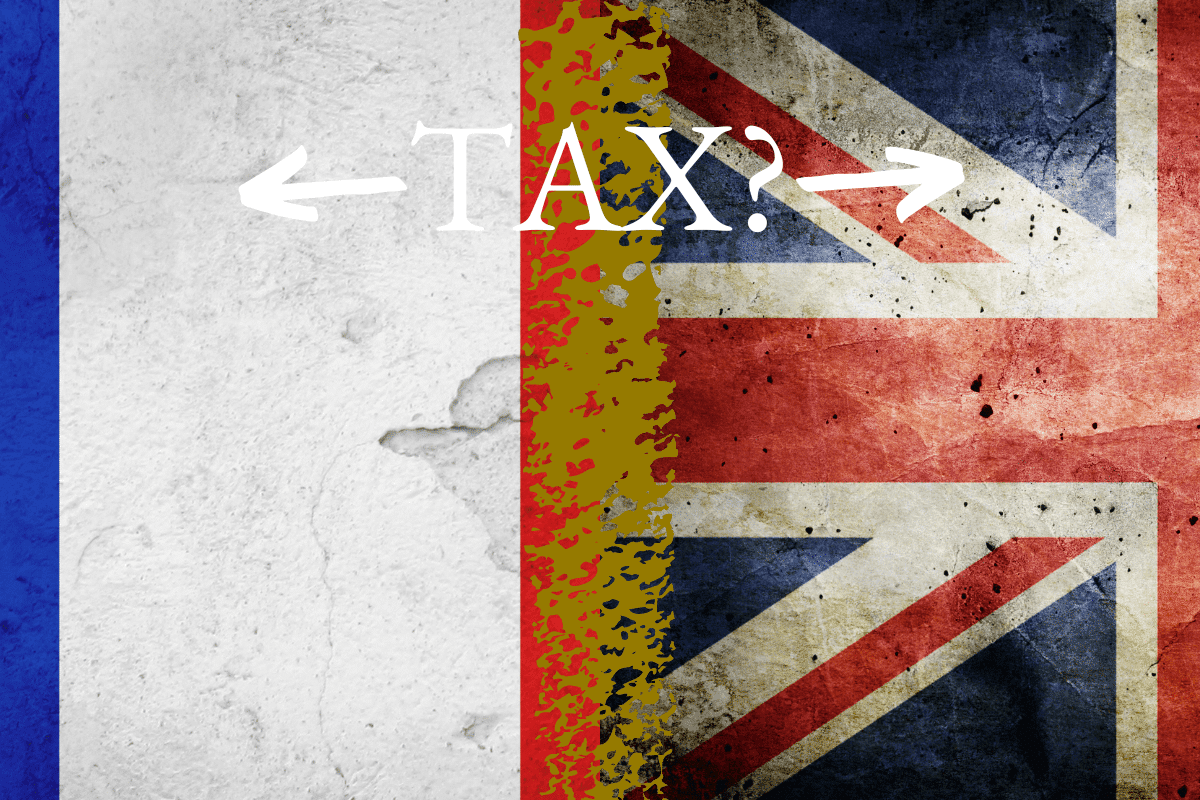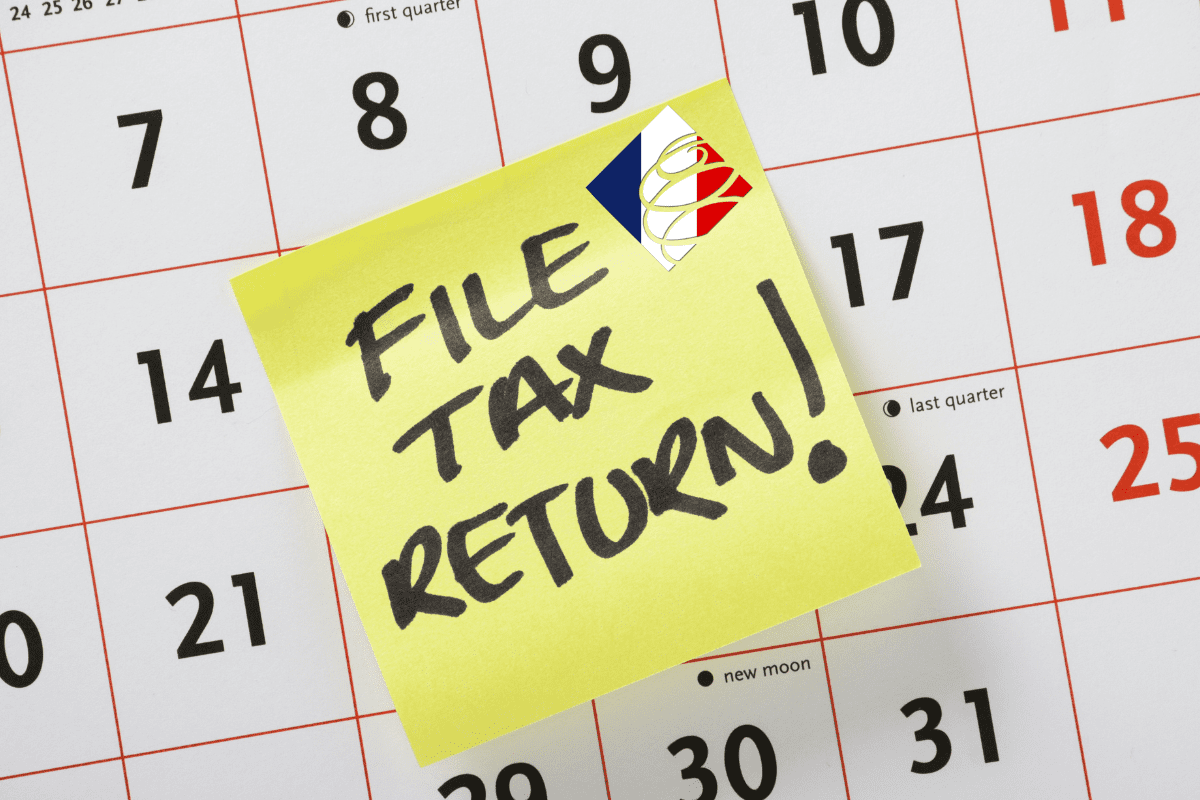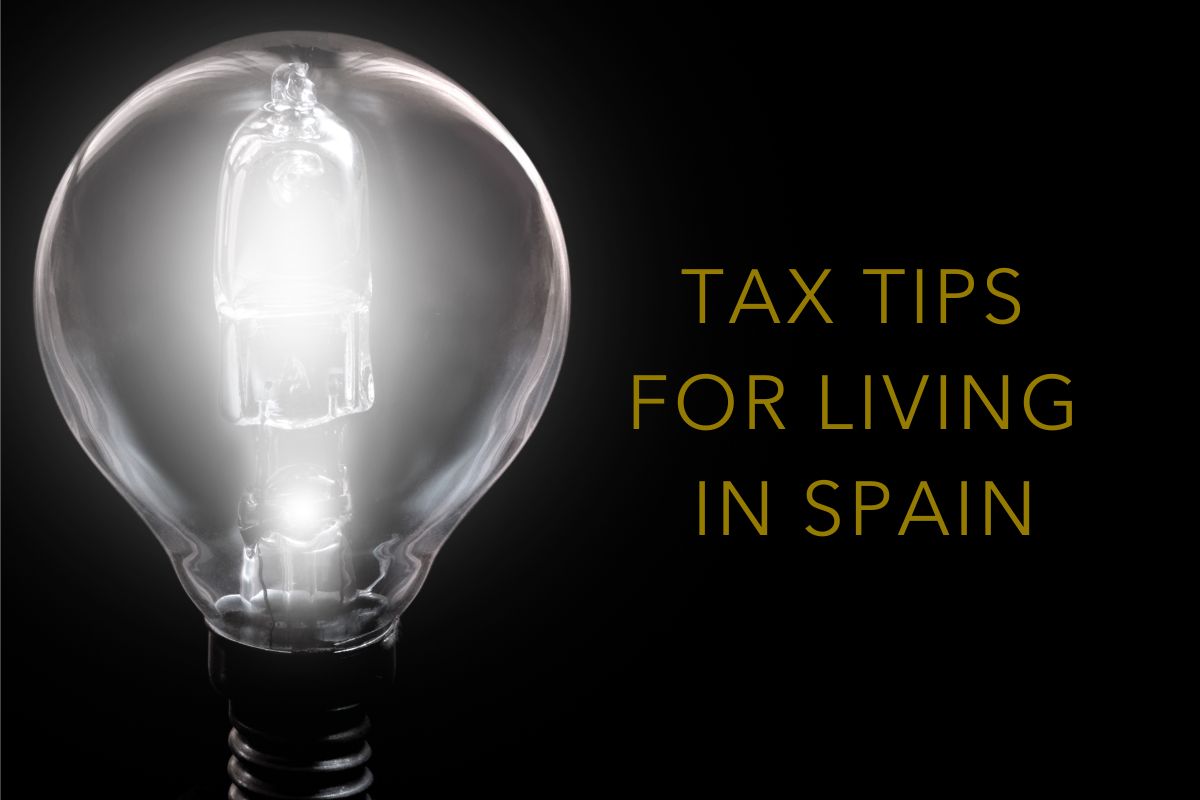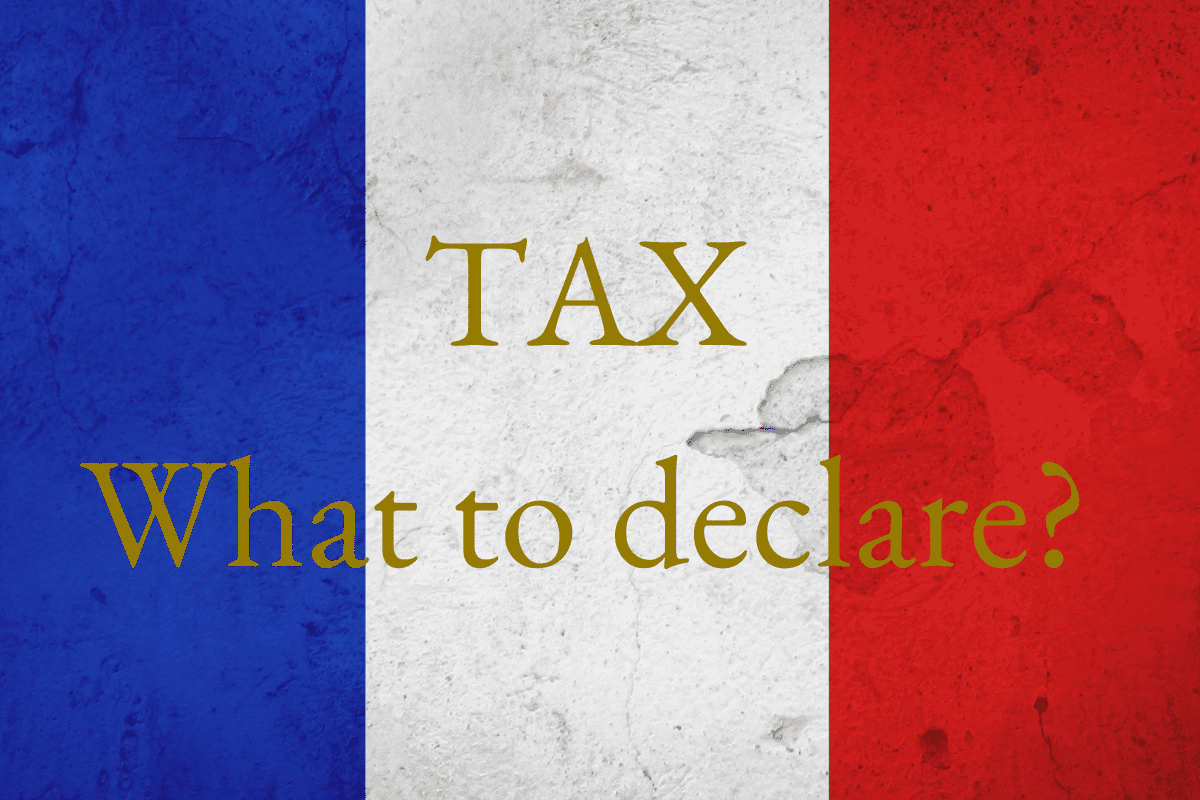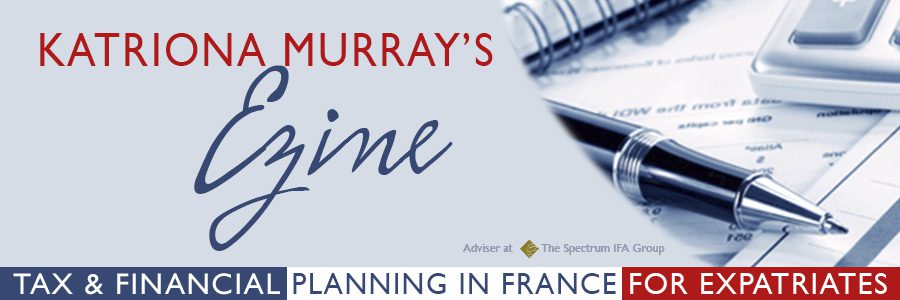1. Saving money/growing money
The fundamental purpose of my role is to help my clients save money, and to grow and protect the money they already have. Such savings can be made through lower fees, reduced currency exchange risk, tax-efficient investment structures, and ensuring the best pension scheme for the client is selected. These same actions can also have a positive effect on the growth and protection of a client’s money. By choosing the right investment, an impact can be made on reducing inheritance tax liability for loved ones. Furthermore, if the worst happens to you, by selecting the best pension structure, you can ensure that your loved ones can be beneficiaries of your entire pension, in accordance with your wishes.
2. Greater choice of options
Of the financial solutions that I can offer my clients, few (if any), are available through banks or insurance companies – schemes offered directly through these organisations are usually the company’s own in-house products. I am not suggesting that these options are not suitable, but the advantage of using a financial adviser is the breadth of choice and the ability to select the best available products that most accurately suit the individual. Also, whilst some financial products are available directly to the consumer, many are not and can only be provided in conjunction with professional advice.
3. Sounding board
Sometimes in life, it is nice to have someone to discuss important matters with. People often turn first to their spouse or partner, friends, and sometimes work colleagues. I often speak to people who believe that they have their financial affairs in good order, but they value having a professional and independent “financial health check” to confirm that they are on track, or to provide an objective perspective on some of the areas that might need some attention.
4. Acting as your better conscience (or encouraging people to do what they know is right!)
Let’s be honest, most people enjoy spending their money – whether it’s on their home (often, but not always, a good investment), clothes, food, entertainment, cars (virtually guaranteed to be money-losing, unless classic/vintage cars are your thing!), and holidays.
It is not always easy to take a portion of your regular income and set it aside for the medium to long term, and of course, not everyone has the luxury of having a surplus at the end of each month.
However, a good comprehensive financial review doesn’t just analyse your assets (e.g., pensions, investments, savings, property), and liabilities (e.g., mortgage, credit card debts, car, and business loans), but also reviews your income/expenditure and your long-term wants/needs, to help assess whether there is the capacity to save, and how much.
A good financial adviser will encourage you to think about the long term and help you to take the right steps towards financial security.





